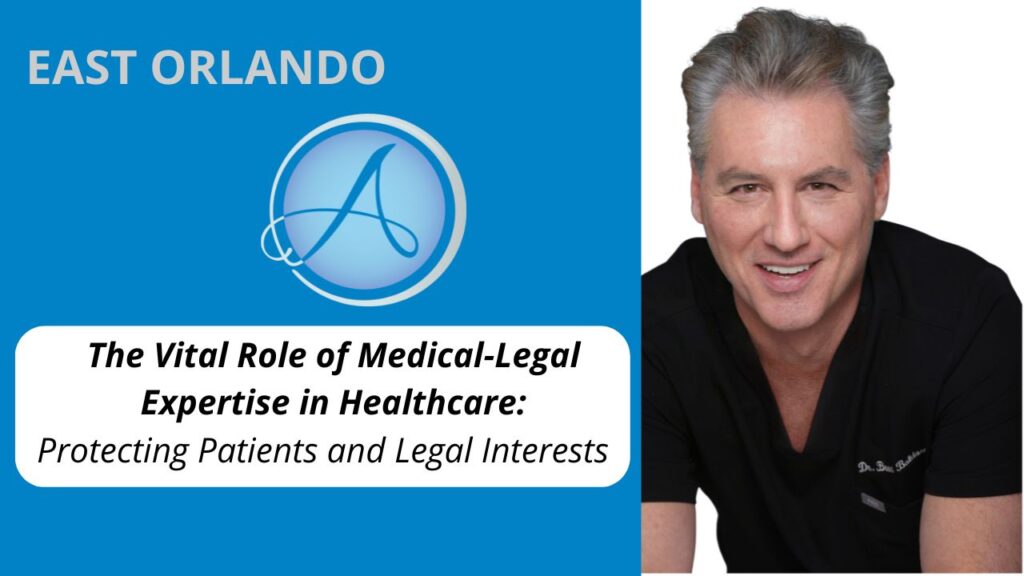
In healthcare, the convergence of medical proficiency and legal acumen becomes crucial, particularly when health issues overlap with legal proceedings. Consulting a doctor trained in medical-legal healthcare is not just a prudent choice; it’s a strategic necessity. Their specialized training goes beyond conventional medical care, encompassing the nuances of legal documentation, injury detection, and the intersection of healthcare with the judicial system. This article underscores the importance of such expertise, highlighting the critical aspects that can significantly impact both patient care and legal outcomes.
1. Meticulous Documentation: The Linchpin of Legal Cases
At the heart of any medical-legal case lies documentation. A medically-legal trained doctor understands that every note, diagnosis, and treatment plan can have profound legal implications. They meticulously document patient interactions and treatment progress with a keen awareness of how this information might be scrutinized in a legal setting. This comprehensive and detailed approach ensures that the medical records are irrefutable, making them a formidable tool in the legal arena. In cases where medical records are contested, the thoroughness of documentation can indeed make or break a case.
2. Detecting and Treating Hidden Injuries: Averting Long-Term Consequences
One of the paramount skills of a doctor trained in medical-legal healthcare is their ability to identify and address injuries that might not be immediately apparent. These hidden injuries, if untreated, can evolve into chronic conditions, posing long-term health risks to the patient. Their advanced training equips them to detect such injuries early on, ensuring timely and appropriate treatment. This not only benefits the patient’s health but also strengthens the medical evidence in legal claims, showcasing the actual extent of the injuries and the necessary interventions.
3. Mastery in Imaging: Dual Benefits of Clinical Excellence and Legal Robustness
A comprehensive understanding of how to order and interpret medical imaging is a dual-edged sword in medical-legal healthcare. Firstly, it ensures high-quality clinical care, enabling accurate diagnoses and effective treatment plans. Secondly, in a legal context, it arms the case with solid medical evidence. Should an injury’s validity be challenged by an opposing lawyer, the doctor’s expertise in interpreting imaging results becomes a critical asset. This capability not only fortifies the patient’s legal position but also underscores the medical legitimacy of the injury.
4. Courtroom Confidence: The Importance of Testimonial Readiness
In scenarios where a doctor is called upon to testify in court, their comfort and proficiency in a legal setting are invaluable. A medically-legal trained doctor can articulate medical findings and opinions with clarity and confidence, standing firm even under cross-examination. Their ability to translate complex medical information into understandable terms for the jury and judge is a significant advantage. This not only lends credibility to the patient’s case but also helps in accurately conveying the medical aspects to the court, which is crucial for a fair and informed legal decision.
The role of a doctor with medical-legal training is multifaceted and indispensable in scenarios where health and law intersect. Their expertise ensures that patients receive not only the best medical care but also robust objective legal support. Their involvement can be the defining factor in protecting the patient’s long-term health interests and the integrity and value of a legal case. As healthcare continues to evolve and integrate with other sectors, the importance of such specialized medical-legal expertise only grows, becoming an essential element in the healthcare landscape.
